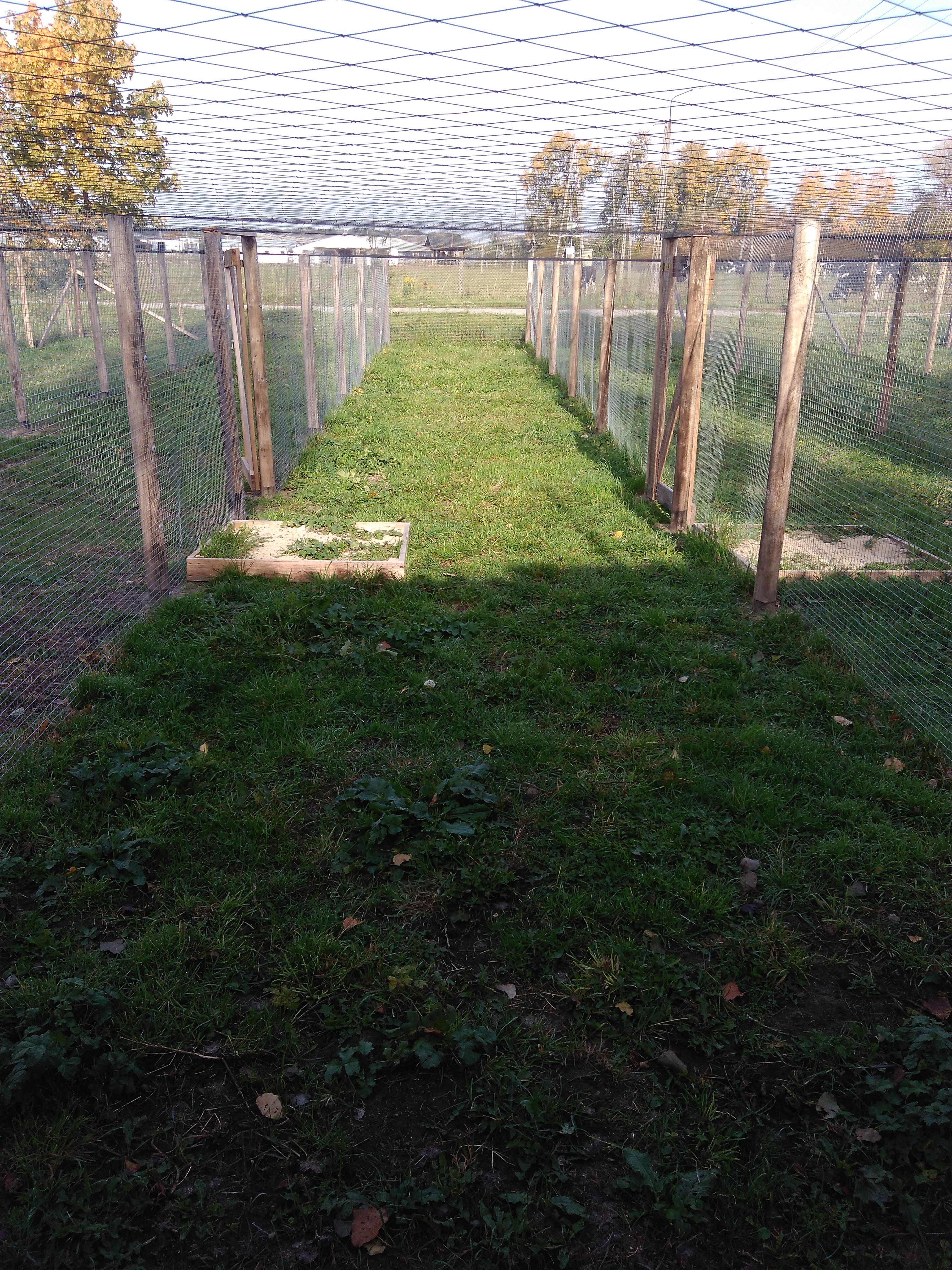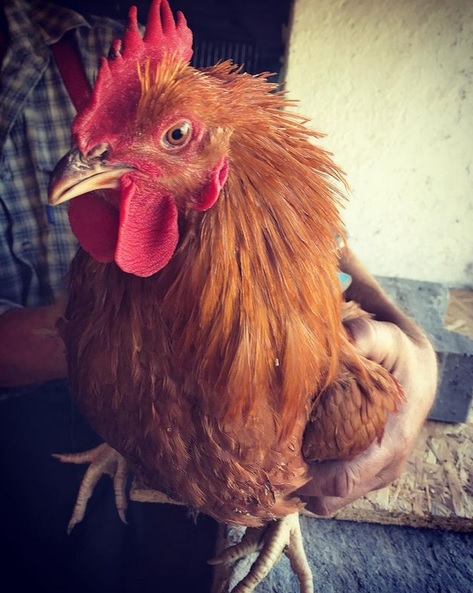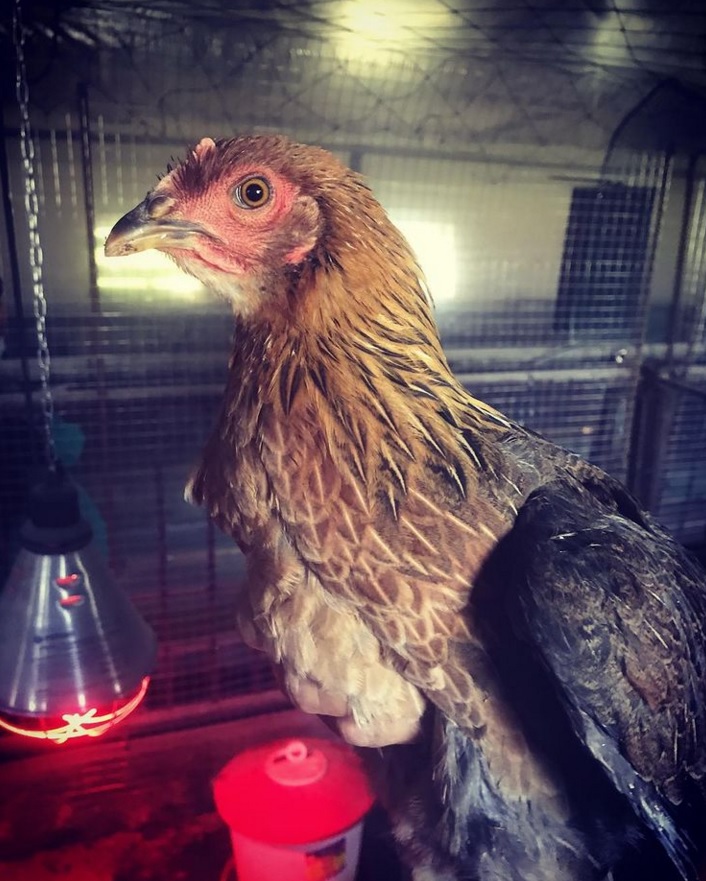Organic chickens using the free-ranges are often in better welfare condition
Results from a study conducted at the Institute of Genetics and Animal Biotechnology of the Polish Academy of Sciences for the Freebirds project suggest that outdoor-preferring individuals of both commercial (Sasso) and Polish heritage (Green-legged Partridge) chickens presented better welfare condition.



Domestic poultry is likely to differ in its individual levels of free-range use. Not all broiler chickens access the outdoor range when the opportunity is provided, indicating potential individual variation within flocks. Despite consumers’ belief that access to an outdoor range improves chicken welfare, still little is known about whether this is true and whether individual ranging preferences relate to the birds’ welfare.
The aim of the present study was to identify and compare welfare issues of the popular slow-growing broiler hybrid Sasso and the Polish heritage chicken Green-legged Partridge, having outdoor access, and examine if the birds’ welfare status was associated with the ranging profile: outdoor-preferring, moderate-outdoor, and indoor-preferring. Such profiling has not been performed in free-ranging meat-purpose chickens yet, and it has not been determined, whether the ranging profiles are associated with the birds’ welfare. This information could help to optimize the selection of birds with profiles best suited for free-range conditions, improving animal welfare.
In August 2018, at the experimental farm of the Institute of Genetics and Animal Biotechnology of the Polish Academy of Sciences birds of both genetic strains were raised from weeks 5 to 10. Each pen had access to an individual outdoor range that was video-recorded continuously to obtain frequencies of individual birds’ use of the ranges. To allow for birds’ recognition and evaluation, they were fitted with a small, laminated paper mark attached to the birds’ back by fitting 2 elastic bands around its wings.
Indoor-preferring Green-legged Partridges were scored much higher regarding respiratory infections, as compared to the 2 other ranging profiles. It is possible that more frequent use of outdoor ranges has a beneficial effect on the respiratory tract condition. Birds spending more time indoors are longer exposed to climatic conditions in the house, and therefore, the risk of respiratory infection may be related to the indoor environment. Poor litter quality may impair excreta absorption and promote the proliferation of bacteria and fungi, as well as increasing gas emissions. Exposure to high ammonia levels (.10 ppm) is known to increase birds sensitivity to dust, while dust may irritate the respiratory tract, causing bronchitis.
Regardless of the breed, toe damages were more frequent in indoor-preferring birds, as compared to other ranging profiles. Rapid growth rate is the main cause of locomotion problems with the frequency of leg disorders increasing proportionally to body weight. However, continuous exercise has been shown to contribute to increased bone strength in poultry. We confirmed the positive relation between use of the outdoor range and mobility identified previously, as in present study outdoor-preferring and moderate-outgoing birds were characterized by the lower scores for walking difficulties, while overall scores of this welfare indicator were low.
It remains unknown whether the use of outdoor areas prevents development of welfare issues or if birds with a suboptimal welfare condition become indoor-preferring individuals.
Relevant link
https://doi.org/10.1016/j.psj.2020.05.044
Author
Joanna Marchewka
Institute of Genetics and Animal Biotechnology, Department of Animal Behavior and Welfare, Polish Academy of Sciences, 05-552 Magdalenka, Poland (j.marchewka@igbzpan.pl)
Editor: Karin Ullven / Design: Christine Dilling
